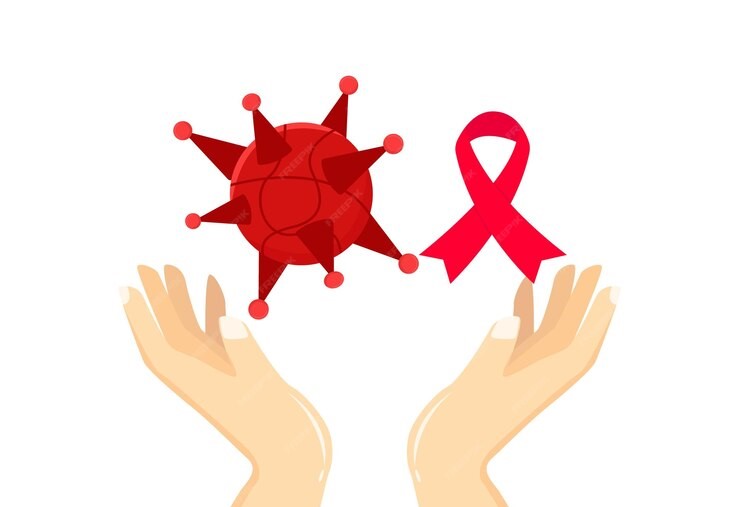HIV and AIDS awareness day for youth is an important opportunity to educate young people about the risks, prevention strategies, and stigma associated with these diseases. Young people must have accurate information about HIV and AIDS so they can protect themselves and support others in their communities.
!0th April is an important day to make young people aware of information about how HIV is transmitted, how it can be prevented, and the importance of getting tested regularly. It is also important to address the stigma such as if the infected person is touched then it can spread to us or those who have HIV promiscuous behavior drug addicts etc and discrimination that often surrounds HIV and AIDS. They should be supported and we should have empathy for those living with the disease.
HIV (Human Immunodeficiency Virus) is primarily transmitted through the following ways:
1. Unprotected sexual contact with an infected person: HIV can be transmitted through vaginal, anal, or oral sex with an infected partner. The virus can enter the body through mucous membranes or breaks in the skin.
2. Sharing needles or syringes: HIV can be transmitted through sharing needles or syringes contaminated with infected blood. This can occur during injection drug use, medical procedures, or tattooing and body piercing with unsterilized equipment.
3. From mother to child: HIV can be transmitted from an infected mother to her child during pregnancy, childbirth, or breastfeeding. However, with proper medical care and interventions, the risk of transmission can be significantly reduced.
It is important to note that HIV is not transmitted through casual contact such as hugging, kissing, sharing utensils, or mosquito bites. The key to preventing the transmission of HIV is through practicing safe sex, avoiding sharing needles, and getting tested regularly.
Preventive measures
1. Practice safe sex: Use condoms consistently and correctly during sexual intercourse to reduce the risk of HIV transmission.
2. Get tested regularly: Knowing your HIV status is important for early detection and treatment. Get tested at least once a year, or more often if you engage in high-risk behaviors.
3. Limit your number of sexual partners: Having multiple sexual partners increases the risk of HIV transmission. Limiting the number of sexual partners can help reduce your risk.
4. Avoid sharing needles: If you use needles for injecting drugs, make sure to use clean needles and never share them with others. Sharing needles can increase the risk of HIV transmission.
5. Consider pre-exposure prophylaxis (PrEP): PrEP is a daily medication that can help prevent HIV infection in individuals at high risk. Talk to your healthcare provider to see if PrEP is right for you.
6. Educate yourself: Stay informed about HIV transmission and prevention strategies. Knowledge is power, and being aware of how HIV is transmitted can help you make informed decisions to protect yourself.
7. Seek support: If you are at high risk for HIV infection, seek support from a gynecologist in Indore, counselors, or support groups. They can provide guidance, resources, and emotional support to help you stay safe and healthy.

